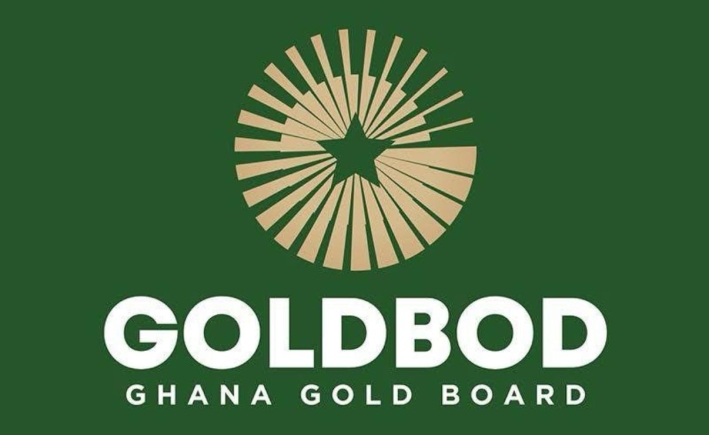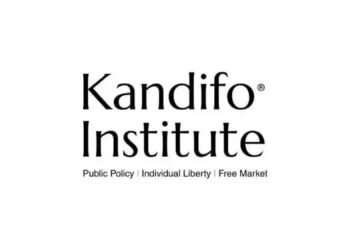The Goldbod has formally announced sweeping regulatory changes in the artisanal and small-scale gold mining (ASM) sector, following the enactment of the Ghana Gold Board Act (Act 1140), 2025.
The new law, passed by Parliament on March 29, 2025, and assented to by the President on April 2, 2025, grants the GoldBod exclusive authority as the sole buyer, seller, assayer, and exporter of all gold produced by the licensed ASM sector in Ghana.
“All licenses issued by the Precious Minerals Marketing Company (PMMC) and/or the Minister responsible for Mines to a person other than a large-scale mining company to deal in gold, have ceased to be valid.”
Goldbod
The GoldBod emphasized that no entity, Ghanaian or foreign, is henceforth permitted to export ASM gold from Ghana unless licensed under the new Act.
The same restriction applies to local gold purchases: only the GoldBod, its licensed buyers, aggregators, or service providers may legally engage in the gold trade.
“This development marks a critical turning point in Ghana’s gold governance architecture.
“Effective 1st May 2025, it shall be a punishable offense to deal in gold without a license issued by the Ghana Gold Board.”
Goldbod

To facilitate a smooth transition, however, the GoldBod has allowed gold purchases and exports by individuals and firms with existing PMMC or ministerial licenses to continue until April 30, 2025.
This grace period is intended to honor current contractual obligations with off-takers and provide enough time for industry players to adjust to the new regulatory regime.
As part of the reforms, the GoldBod has mandated that all local gold transactions must now be conducted in Ghana cedis, using a pricing formula based on the Bank of Ghana Reference Rate.
This policy move aims to stem illegal foreign exchange dealings and promote monetary stability. The reference rate will be publicly accessible through the Bank of Ghana’s official website: www.bog.gov.gh.
Goldbod New Application Timeline

Effective Tuesday, April 22, 2025, individuals and companies whose previous licenses are no longer valid—and all others interested in legally engaging in gold trade—are encouraged to apply for a new license under Act 1140.
Applications can be made either online via the official GoldBod website (to be activated on the same date) or in person at the GoldBod Licensing and Regulations office at the agency’s headquarters in Accra.
“We are committed to ensuring a fair, transparent, and inclusive licensing process. All qualified Ghanaians and Ghanaian-owned companies are welcome to apply.”
Goldbod
The Act comes with robust measures to combat illegal activities in the gold sector. Effective May 1, 2025, it will be a punishable offense to buy or sell gold without a GoldBod-issued license.

The Board underscored its determination to enforce this regulation vigorously to uphold the integrity of Ghana’s gold industry.
The legislation aligns with Ghana’s ambition to regain control over its vast gold resources. The ASM sector accounts for a significant portion of the country’s gold production but has long faced challenges with illegal trade and revenue leakage.
By centralizing gold purchasing, selling, and exporting under GoldBod, the government aims to close these loopholes and foster sustainable development.
The Ghana Gold Board is expected to conduct outreach efforts in the coming days to educate stakeholders, particularly ASM operators, gold dealers, and community leaders, about the new licensing regime and its implications.
The implementation of Act 1140 marks a new era in Ghana’s effort to reform its gold sector, particularly the artisanal and small-scale mining value chain.
For inquiries or further information about the new licensing process, the Ghana Gold Board invites the public to visit its upcoming website or contact its Accra office.
This marks the beginning of a new era in Ghana’s gold trade—one built on integrity, inclusivity, and innovation.
READ ALSO: Analyst Applauds GSE’s First Commercial Paper Admission as Milestone for Capital Market Growth























